Official news about the EU Deforestation Law has been scarce over the last few months. We continue working on the background to comply before the cut-off for SME companies of July 1st 2025.
In this blog, we share our up-to-date plan and timeline, explain the hotly debated territorial approach, and talk about coffees imported in the transition period - something all non-EU roasters should know about.
Skip to:
- Verification and compliance timeline.
- Traceability and territorial approaches.
- What roasters need for transition stock compliance.
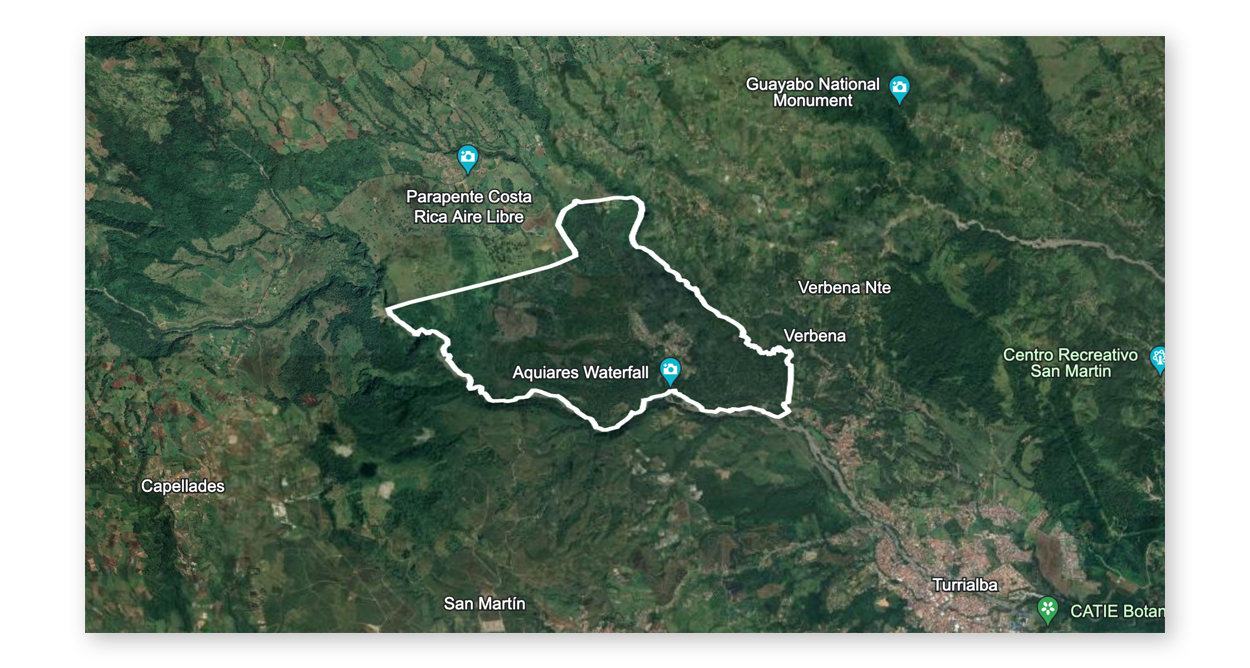
Google Earth files are being used to share coordinates. Above, Aquiares in Costa Rica
Algrano has verified the first batch of geolocalisation data provided by producers earlier this year. This was an important step in understanding the data quality requirements and potential problems.
The initial results show no real risk of deforestation in supply chains checked in Honduras, Peru, and Ethiopia.
In March, we also introduced a new feature - currently visible to producers only - to store compliance documents on sellers’ profiles. In the future, once we have checked their data, we’ll verify and sign off coffees on the offer level, reassuring buyers when they sign a contract.
Data collection is slow business. Verifying the geospatial coordinates has also involved much manual work on the side of the companies we’ve been working with, Meridia and Enveritas. While we wait for their verification portals to run in the coming weeks, it should remain that way.
Enveritas’ announcement of the territorial approach in February has raised questions about the need to collect data in many producing countries, especially in Africa.
The industry has welcomed this method. It's effective in preventing deforestation-related imports. It also takes into account the realities of coffee production. Some cooperative unions in Ethiopia, for example, say they would need years to collect data from all member farms.
But the news has also reduced the urgency for many producers and driven us to adjust our timelines.
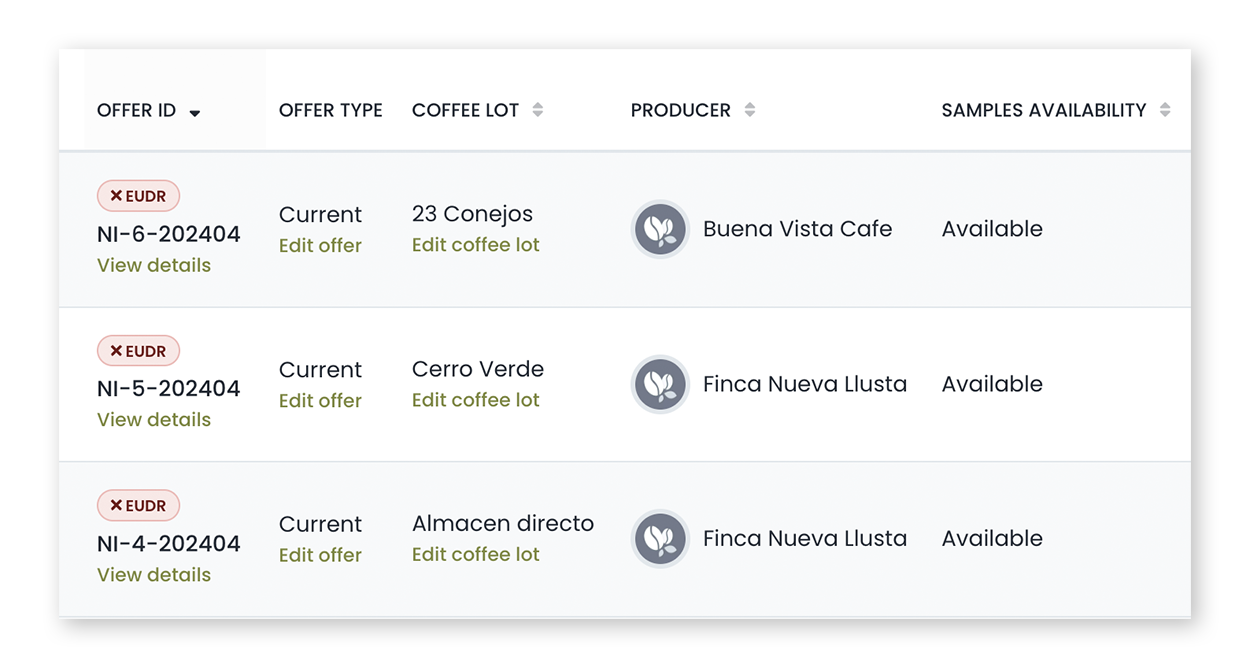
Producers will have full visibility over compliant lots on their seller dashboard
We have pushed the deadline to have all the data collected and verified to June 2024. This means we aim to have EUDR compliance for all coffees landing from December 2024.
We still rely on producers to collect and share the data with us - and many have already done it. As Algrano and most roasters who source through us are SMEs (micro, small and medium-sized enterprises) we have a 6-months buffer to be compliant, with a hard deadline of July 1st 2025 to be compliant.
Here are the next steps:
- June 2024: Finalize data collection and verification
- From July 2024: All coffees shipping from origin will have to demonstrate compliance with EUDR
- December 2024 onwards: All coffees landing in the European Union, UK, Switzerland and Norway will comply with the EUDR.
The territorial approach vs. the traceability approach
The industry has developed solutions based on two different approaches to deforestation mapping: plot level traceability and the territorial method.
The traceability approach to EUDR compliance means the production area of each coffee lot shipped to the EU is mapped out and shared with the European operator which imports the coffee in the EU.
This can be done precisely or “in excess”, in which case the operator provides geolocation coordinates for more plots of land than those where the coffee was produced. See "Can operators include land that did not produce the commodity?" for more.
Traceability is the method adopted by many single farms, estates, and aggregators in Latin America, where there are more data collection initiatives.
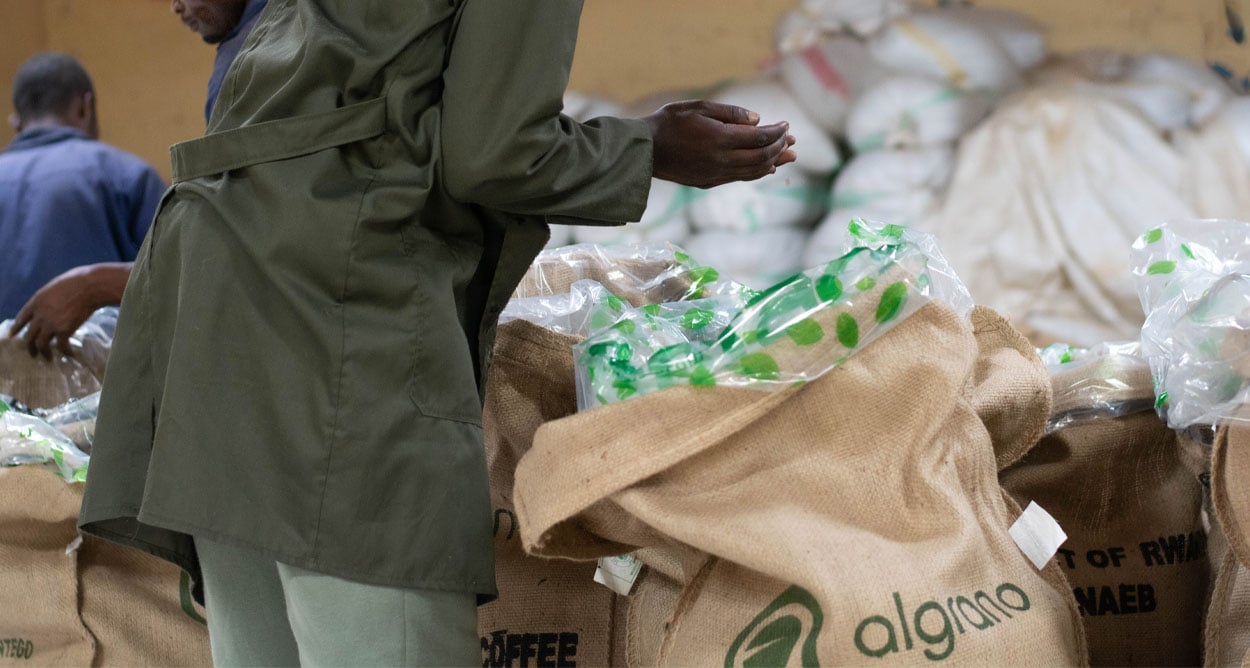
Rwanda is one of the countries that signed agreements with Enveritas (Photo: Gasharu)
The possibility of submitting excess data in due diligence statements opened space for a second method. The territorial approach was developed by Enveritas with JDE Peet’s. It needs the support of local governments to be implemented.
In the territorial approach, Enveritas monitors all of a country’s coffee plantations through satellite imagery, artificial intelligence and in-person assessments.
If coffee plots are found in areas deforested after 2020, the trees will be removed and JDE Peet’s will work with farmers to reforest the land.
Once the coffee plots are removed from production, Enveritas will emit a certificate for an entire region or country. In this case, the need for traceability down to the plot level will not be necessary.
Agreements with Enveritas have been signed by authorities in many countries, including Vietnam, PNG, Ethiopia, Tanzania, Uganda, Peru, Rwanda, Guatemala and Honduras. And there are more governments in the pipeline.
As we write, the industry eagerly awaits the European Council to publish a new EUDR FAQ where they should clarify their position on the territorial approach. Coffees would be certified on a country level instead of a lot level. A new FAQ was expected at the end of March but hasn’t been released yet.
What happens to coffee imported in the transition period?
While the necessary geospatial data will be available on Algrano for all coffees landing from December 2024, roasters might still have stock imported before that beyond the cut-off month of July 2025.
This is the case for Ethiopian and Central Americas lots being shipped now, should they last beyond June 2025.
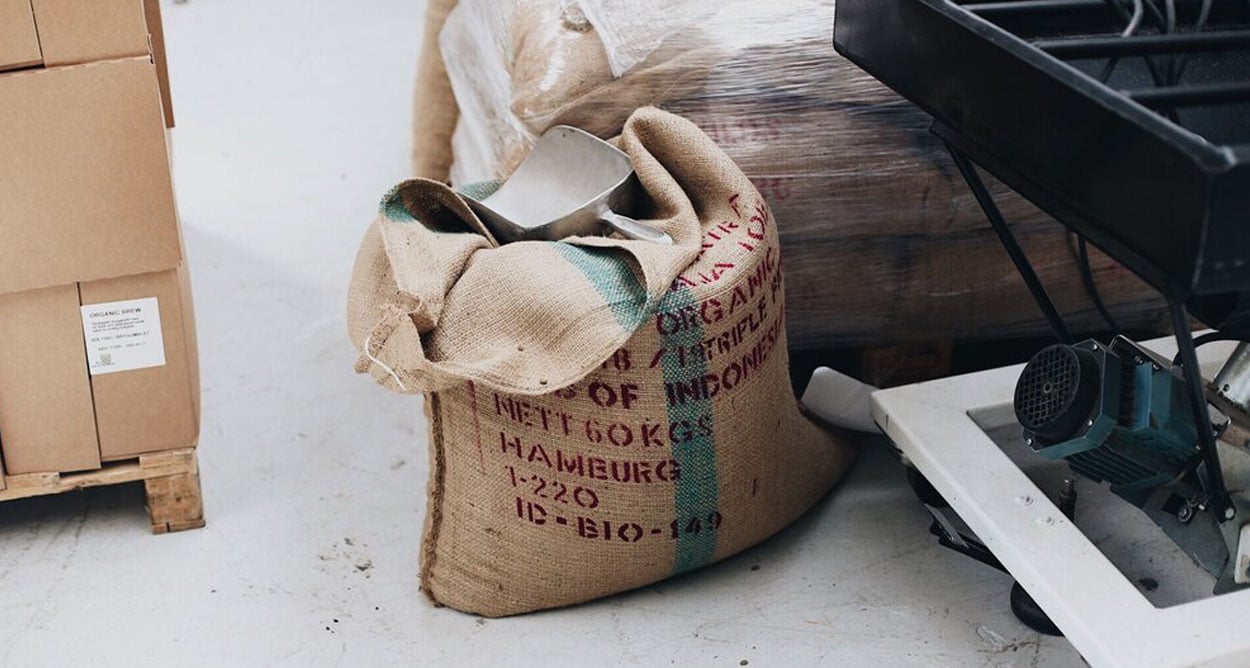
Non-EU roasters selling inventory in the EU after June 2025 will need to comply
The good news is that roasters in the EU who have stock from before July 2025 will only need to provide evidence that the coffee was imported before the deadline, making transition shipments easy to navigate.
On the other hand, roasters with transition stock in non-EU countries that sell coffee to EU customers after July 2025 must show compliance for those coffees. Shipping roasted beans to a client in the European Union will be the first time that product enters the market.
Though it’s not clear the level of scrutiny applied to small sales to EU countries, we’re currently exploring solutions. We will verify data retroactively to cover these cases.
From December 2024, we’re also subjecting all coffees imported to the UK, Switzerland and Norway to the same verification process as coffees destined for EU countries.
If you are a non-EU roaster with customers in EU countries and expect to have transition stock after July 2025, reach out to discuss your case.

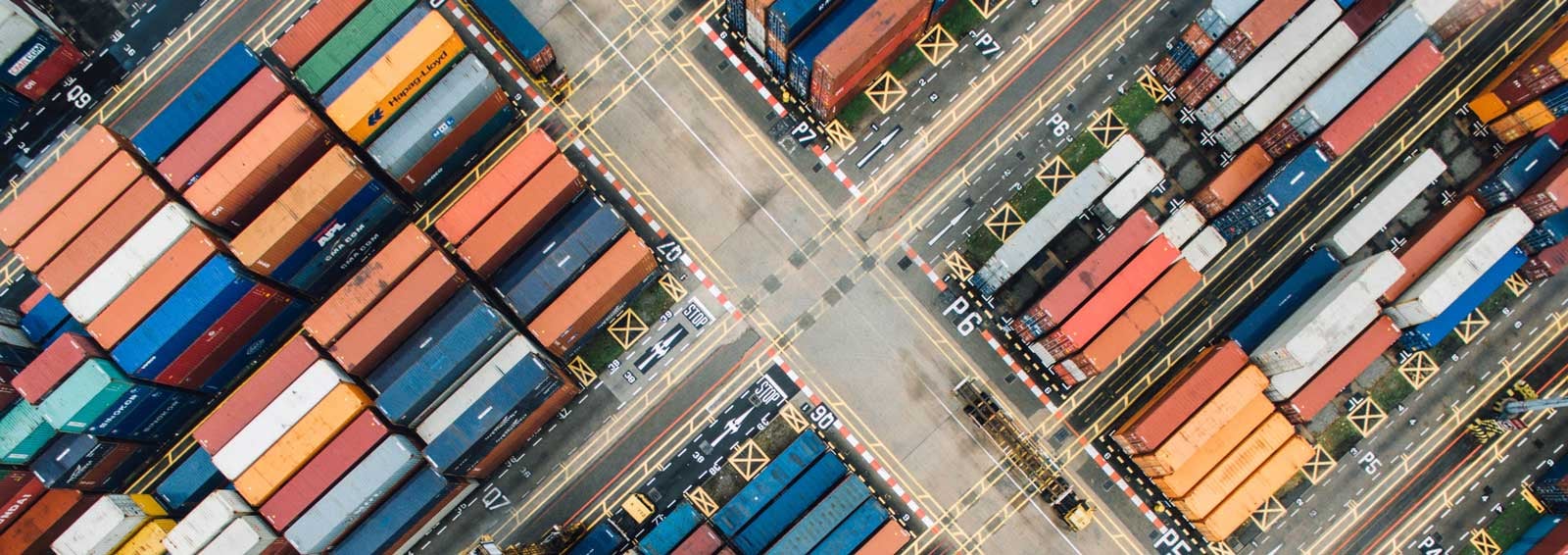

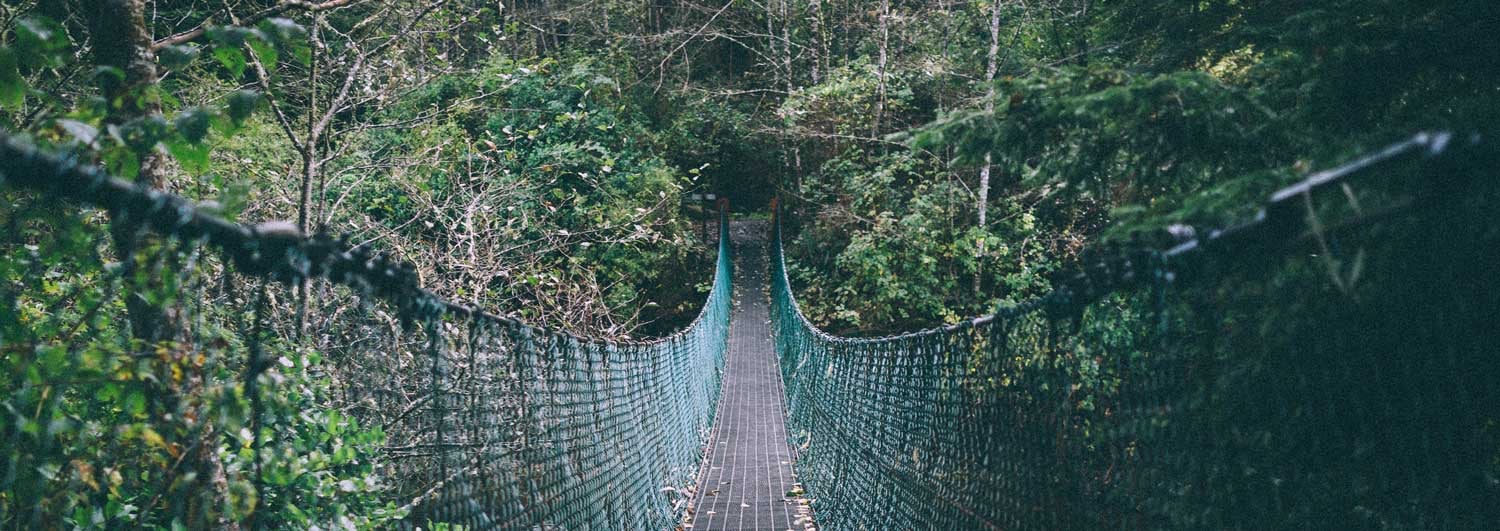
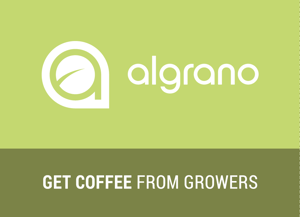
Let Us Know What You Thought about this Post.
Put your Comment Below.